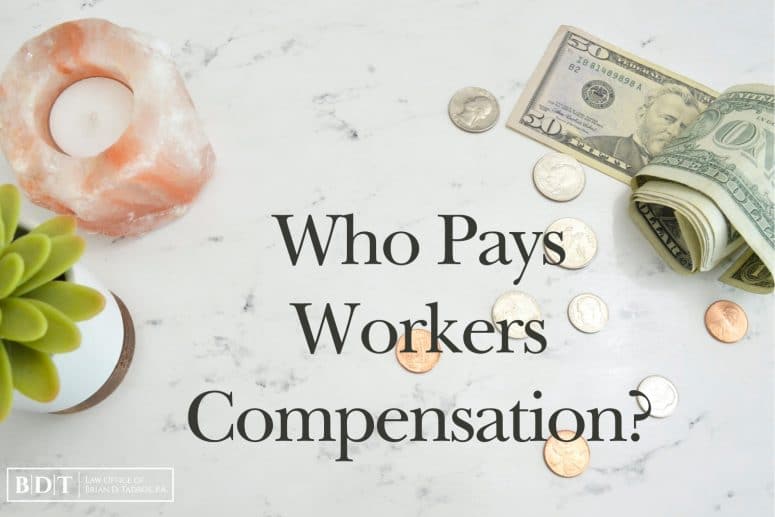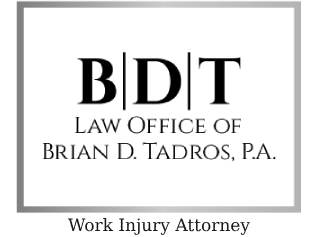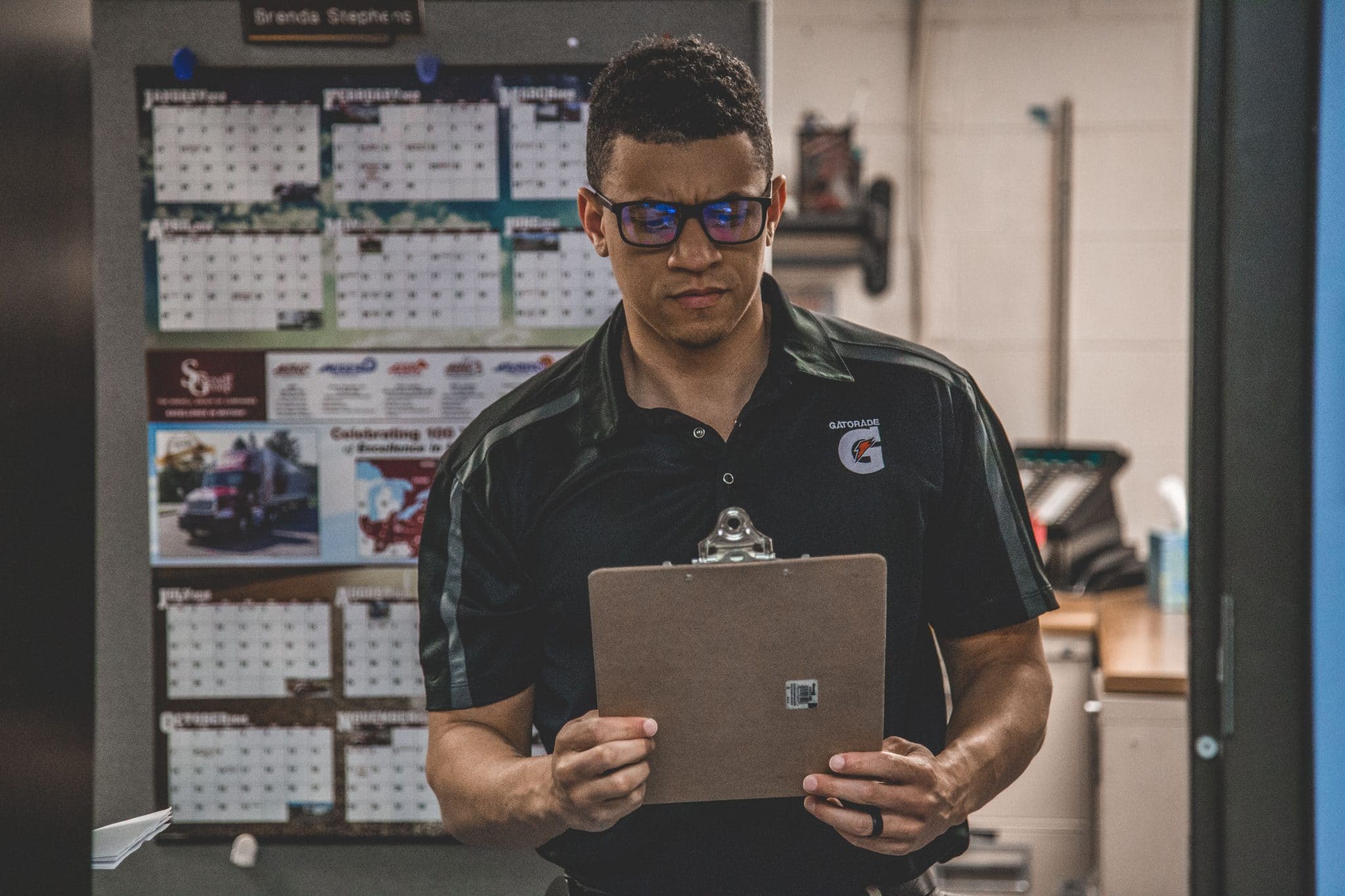
As an injured worker, you get a lot out of the workers comp program.
But who pays workers compensation in the first place?
There’s no two ways about it: workers compensation is an incredibly necessary program. And if you’re in recovery from a workplace injury, you have firsthand experience with its many benefits.
But for everything you get out of the workers compensation program, are you expected to put anything into it? Who pays workers compensation programs in the first place?
Who Pays Workers Compensation?
Ultimately, workers compensation is an insurance program.
Unlike home and auto insurance, you are receiving coverage without having to pay for it. Because your employer is the one putting you at risk for a workplace illness or injury, they are footing the bill on the insurance premiums.
Your employer takes out a policy based on the number of employees they have, how long they’ve been in business, how many claims they’ve had to file, and several other factors.
Unfortunately, because a business’s claims history can cause their workers comp insurance rates to increase, some business owners decide to withhold reporting an injury. This is fraudulent, illegal, and just plain unethical. If you suspect that your employer might be keeping information about your injury from their insurance company (and even if you trust them implicitly) you should follow up with the company as soon as possible after your injury.
Is Workers Comp Mandatory?
Here in Florida, employers must carry workers compensation insurance if they have four or more employees (if they are in the construction industry, employers must carry workers comp insurance on all of their employees). If an employer is obligated to purchase workers comp coverage and doesn’t, the consequences are severe.
If you’re caught without the proper workers comp insurance, employers will receive a stop work order until they come back into compliance and must pay a penalty fee. This fee is incredibly steep—typically double the amount the employer would have paid in insurance premiums over the past two years.
Violating a stop-work order could result in criminal charges.
Employers do have the option, however, to choose which workers comp insurance carriers to purchase from. Other states, such as North Dakota and Wyoming, require employers to purchase workers comp insurance through a state-run program. Other states allow employers to choose between private insurance, self-insurance, or state-run options. Florida has no state-run workers comp program.
If I’m Injured…
If you’re injured following a workplace accident, it comes as a relief that you aren’t expected to pay for workers comp benefits. Quite the opposite, in fact. The workers compensation program was designed to help injured workers just like you!

Who Pays My Medical Bills?
Your employer’s workers comp insurance company is responsible for paying for all medical treatment relating to your workplace injuries. Even better, your authorized treating physician will send invoices directly to the insurance company, so you don’t have to worry about a thing.
Who Pays My Personal Bills?
If you are unable to work because of your injuries, you probably have a lot of questions about how you’re going to pay your bills. Fortunately, workers comp benefits were designed with just this dilemma in mind.
If your paycheck has been diminished due to a work injury (whether you are on “light duty” or staying home completely), you are entitled to workers comp benefits until you have reached Maximum Medical Improvement or 260 weeks have passed, whichever comes first.
These benefits are calculated at 66 2/3% of your Average Weekly Wage. It’s not equal to your regular paycheck, but it is designed to help you pay your personal bills while you’re recovering from your injuries.

Who Pays My Health Insurance Premiums?
If your employer normally pays all or a portion of your health insurance premiums, you are still entitled to this same arrangement, even if you are unable to work.
However, your employer should also have reminded you that you are also obligated to pay your portion of the health insurance premiums, even if you are not collecting a paycheck. Failure to do so could cause your policy to be cancelled.
This doesn’t mean that you can’t lose your health insurance coverage. If you are terminated during your workers comp case, you would lose your regular healthcare coverage (your work injury would still be covered by the workers comp program).
Conclusion
Luckily, as an injured Florida employee, you don’t need to understand who pays workers compensation to get what you’re entitled to under the law.
The workers compensation program is designed to be self-executing, which means it’s supposed to work well without requiring legal assistance. However, this isn’t always the reality in every case.
If you believe your case would benefit from the guidance and knowledge of a workers compensation attorney, schedule your free consultation with the Law Office of Brian D. Tadros, P.A. We make it our priority to educate and advocate for each one of our clients, so that they understand the rights they are entitled to as an injured worker.


